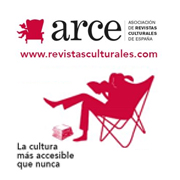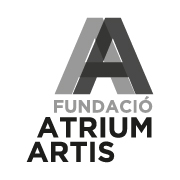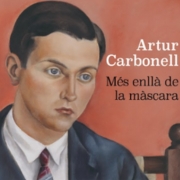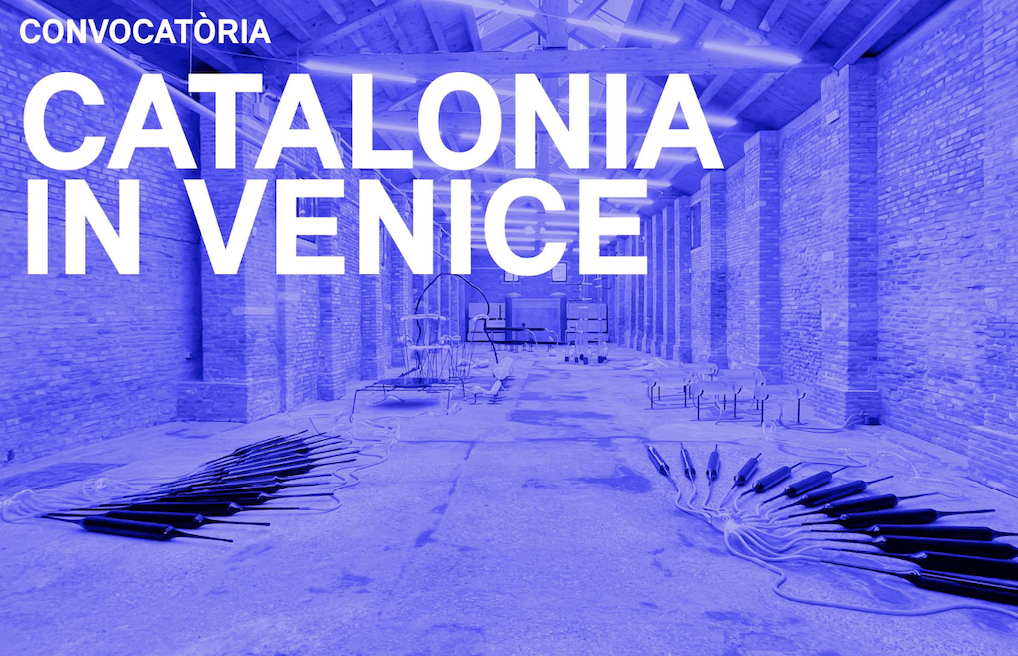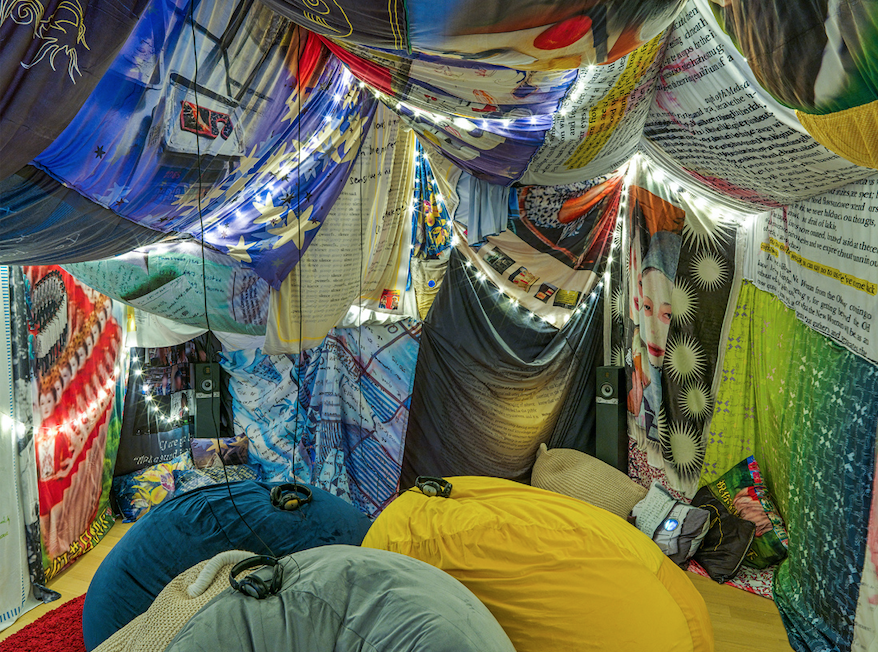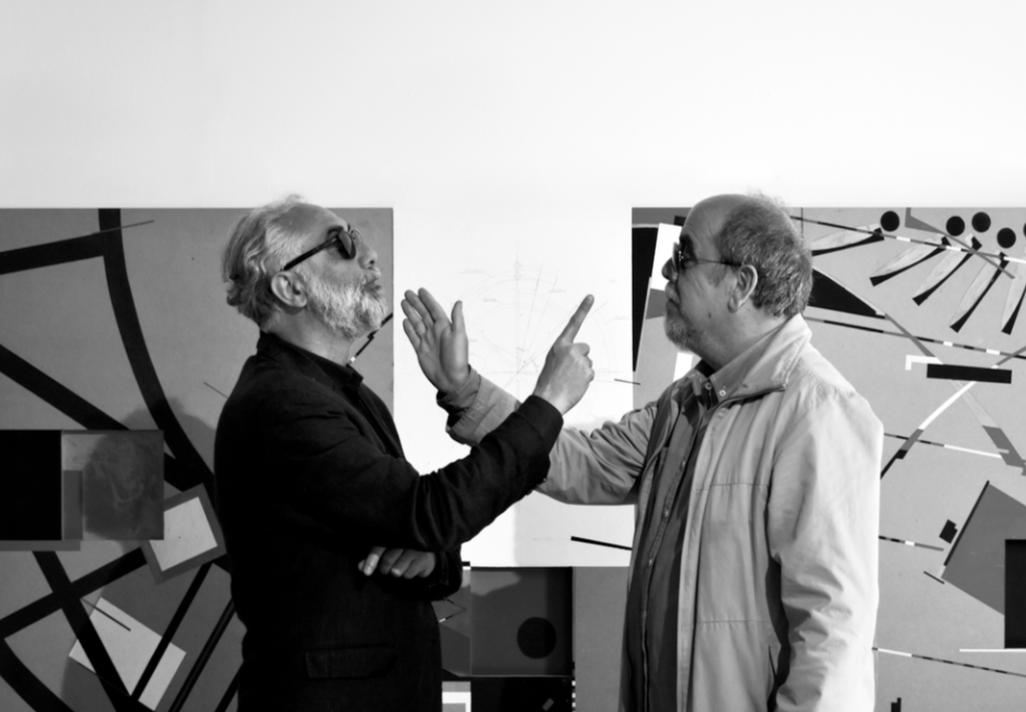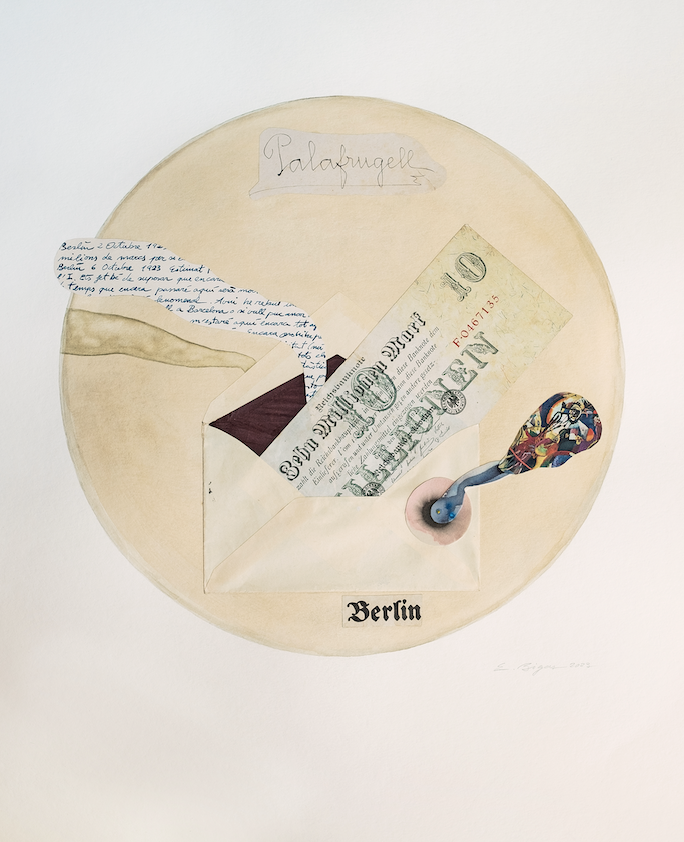Exhibitions
Palau Solterra hosts Marta Sentís' "All the days are mine".
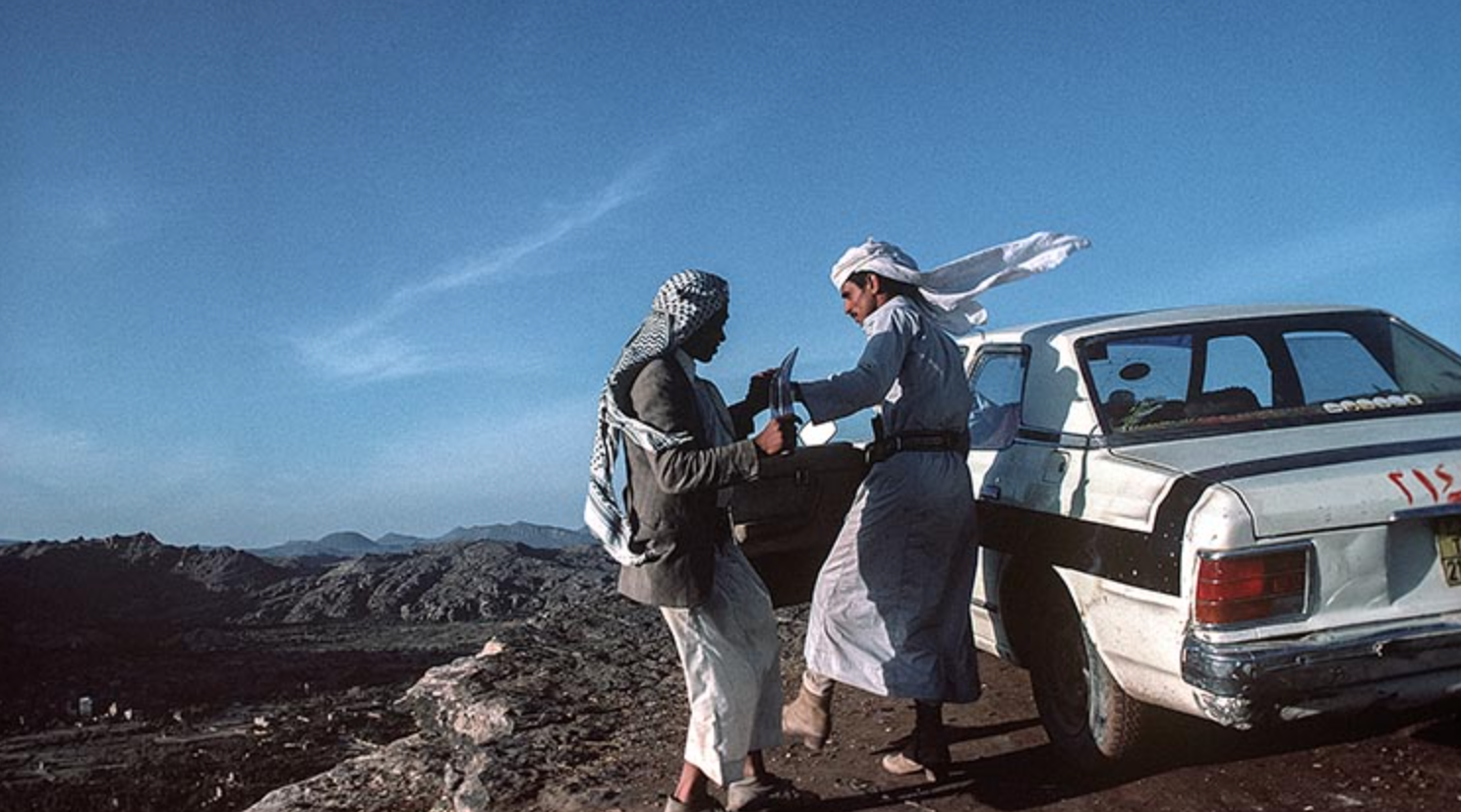
Palau Solterra hosts the first retrospective of Marta Sentís (Barcelona, 1949) through a photographic chronicle of her experiences. Following his nomadic impulse, Sentís spent twenty years photographing his impressions around the world. Her snapshots, where Afro culture has a prominent presence, are images that enter homes, that show everyday life and that, at the same time, are a mirror of herself. "In order to learn cultures, it is necessary to live with the people", says Sentís. The exhibition All the days are mine gathers more than 200 photographs that travel the world through their lens, from Africa to the Orient, passing through Barcelona or New York of the seventies and eighties.
Marta Sentís explains that, like her father - the journalist Carles Sentís - she was "earlier to write" - And that from the start, she began to use photography "as a tool" that also helped her win - his life while traveling and writing reports. But after learning the basics, he realized photography was "very manageable"; and that above all, it served him as a means to find the life he really wanted.
Following her nomadic and experimental impulse – "I like to change", she says – for more than twenty years Marta Sentís photographed her impressions while traveling around the world. His work extends between the seventies and the end of the nineties, when he decided to abandon photography coinciding with the rise of digitization.
During these two decades, Sentís lived and worked all over the globe. She sold her reports, which she combined with working as an interpreter, translator or traveling photographer for the UN or photo agencies in New York and Barcelona.
Now, the Vila Casas Foundation synthesizes its entire trajectory in the exhibition All days are mine, which can be seen at Palau Solterra in Torroella de Montgrí (Baix Empordà). The exhibition gathers more than 200 photographs that, like a chronicle in images, bear witness to his experiences in countries in Africa and the East, but are also a reflection of Barcelona and New York in the seventies and eighties.
Everyday snapshots
Sentís' photography focuses on showing everyday life. In the different places where he was, he lived with the community and, through his objective, showed the day-to-day life of those who were outside the Western parameters of economic well-being and consumption. People who "have time", as she likes to point out, and that is where the exhibition takes its title from.
The exhibition reviews, among others, the dichotomy he lived in Cairo (where he had freedom of movement but the women stayed at home) or life on the streets of Yemen, the Caribbean or Brazil. Sentís, who is clearly committed to color - although the exhibition also has a series of black and white photos of trades in Barcelona in 1979 - also explains the attraction that Afro culture had for her, which also marked trips and stays abroad.
"I went to many of the countries because I had a job, and then I stayed there for a while," he points out. "I'm very interested in domestic life, knowing how and what people live on; you don't learn cultures if you don't live there," explains Sentís, stressing that his interest was "entering homes", teaching day-to-day life of families "and to see that people are also the same everywhere".
The temporary exhibition at Palau Solterra, which can be seen until November 19, dedicates a final section to collage – which Sentís experienced in the late 70s – and also to his life experience during the pandemic. Because after having abandoned photography around 1996, and never picked up the camera again, covid-19 led her to interrupt this decision.
From the photographs he took with his mobile phone in his house in Ibiza, Reclusió has emerged. A set of hanging postcards showing how spring made its way into his garden, arising from the photos he took every evening and sent to friends via WhatsApp.
The curator of the exhibition, Alejandro Castellote, emphasizes that the retrospective dedicated to her by the Vila Casas Foundation wants to highlight how Sentís "is not a travel photographer, but a woman who travels a lot, and has taken photographs with the will to to feel that he belonged to those cultures." "His is a photograph eminently in color, characterized by a multiplicity of planes within the rectangle that gave him the objective, and by the contrast of lights and shadows", he concludes.

